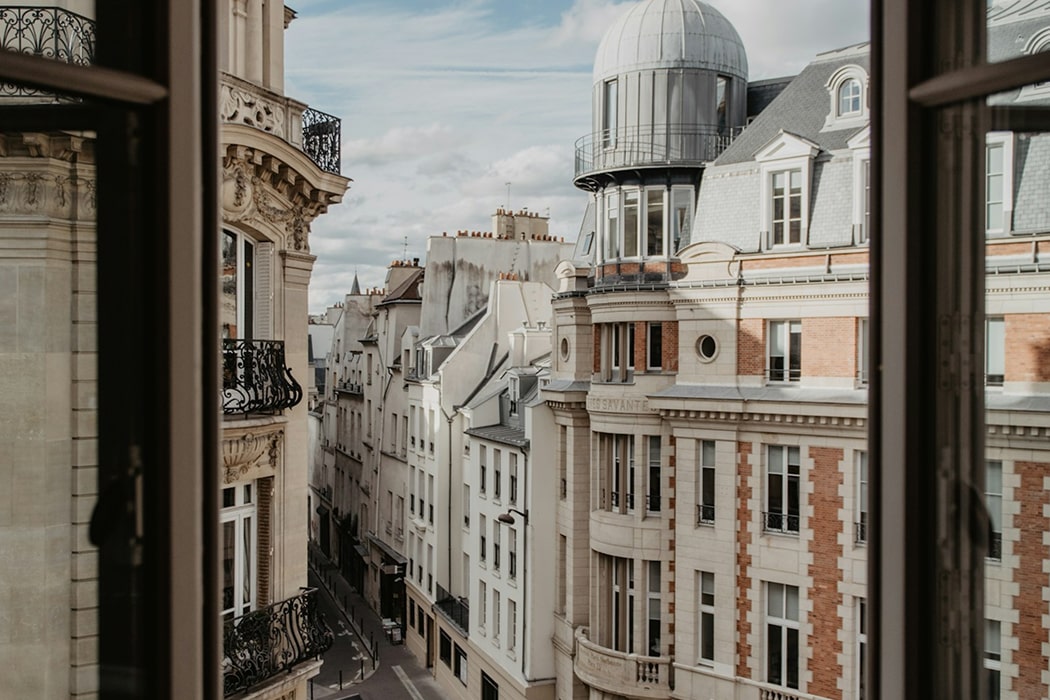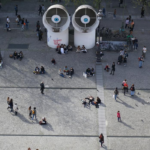Is Paris Safe? Understanding the Safety Landscape of the City of Lights
When planning a trip to Paris, one of the most common questions travelers ask is, “Is Paris safe?” The City of Lights is renowned for its rich history, stunning architecture, and romantic ambiance, but concerns about safety can often overshadow its beauty. In this comprehensive guide, we will delve into the various aspects of safety in Paris, provide tips for staying secure during your visit, and share local insights that will help you enjoy all that this enchanting city has to offer without fear.
Understanding the Safety Situation in Paris
Crime Rates in Paris
Paris, like any major city, has its share of crime. Petty crimes, such as pickpocketing, are more prevalent in tourist-heavy areas. According to recent statistics, thefts and burglaries are the most common offenses reported. However, violent crime rates in Paris are lower compared to many other major cities across the world. It’s essential to stay informed about crime hotspots and take precautions to safeguard your belongings.
Common Safety Concerns
- Pickpocketing: Crowded areas such as the Eiffel Tower, Sacré-Cœur, and popular metro stations are often targets. While the chances of becoming a victim are relatively low, vigilance is advisable.
- Scams: Tourists may encounter various scams, including deceptive individuals asking for money or attempting to distract them. Being aware of these common tactics can help mitigate risks.
- Public Transport Safety: The Paris Metro is generally safe, but it can be crowded and a common environment for pickpockets. Keeping your belongings secured and remaining aware of your surroundings is crucial.
Staying Safe in Paris: Practical Tips
Preparing for Your Trip
- Research Your Destination: Familiarizing yourself with the city and its neighborhoods is vital. Areas with higher foot traffic, like Le Marais or Saint-Germain-des-Prés, are typically safer, but understanding the overall safety landscape is important.
- Accommodations: Choose a well-reviewed hotel or vacation rental in a safe neighborhood. Look for places with 24-hour reception and good security measures.
- Travel Insurance: Invest in comprehensive travel insurance that covers theft, loss, and health emergencies to provide peace of mind.
Navigating the City Safely
- Stay Alert: Always be aware of your surroundings, especially in crowded areas or while using public transport. Keep valuables out of sight and use anti-theft bags.
- Avoid Risky Areas at Night: While many neighborhoods are safe after dark, some areas, such as certain parts of Gare du Nord or Place de la République, should be avoided late at night.
- Maintain Digital Security: Be cautious with your devices, especially in public spaces. Use a Virtual Private Network (VPN) when accessing public Wi-Fi to protect your data.
What to Do in Case of an Emergency
Emergency Contacts
Knowing who to contact in case of an emergency is vital for a worry-free trip. In France, the emergency services can be reached by dialing 112. Additionally, remember to have local embassy contacts on hand in case of lost passports or serious issues.
Reporting Crimes
If you fall victim to crime, promptly report it to the nearest police station. Collect all necessary information to aid in the recovery process.
Enjoying Paris with Peace of Mind
Cultural Sensitivity
Understanding local customs and behaviors can enhance your safety and overall experience. Parisians appreciate politeness, and a simple “hello” can go a long way. Always respect local culture and traditions to foster good relationships.
Exploring Off the Beaten Path
While Paris is home to iconic sites, consider exploring lesser-known neighborhoods. Areas like Canal Saint-Martin or Belleville offer authentic experiences with typically fewer tourists and a local atmosphere.
FAQs About Safety in Paris
Q1: Is Paris safe for solo travelers?
Yes, Paris is generally safe for solo travelers. However, exercising caution, particularly in crowded places and at night, is advisable.
Q2: Are there certain areas of Paris I should avoid?
While Paris is largely safe, areas to be cautious in, especially at night, include parts of Gare du Nord and certain neighborhoods in the 18th arrondissement.
Q3: Is public transportation safe in Paris?
Public transportation in Paris is safe, although being vigilant against pickpockets is important, especially during peak hours.
Q4: What should I do if my belongings are stolen in Paris?
Report to the nearest police station and file a report. Contact your travel insurance provider immediately for assistance.
Q5: Is Paris safe during events or protests?
While the city is generally safe, it’s wise to monitor local news and avoid large gatherings or protests to ensure your safety.
Conclusion: Is Paris Safe?
In conclusion, while the question “Is Paris safe?” often brings legitimate concerns, the city remains one of the most beautiful and culturally rich destinations worldwide. By taking common-sense precautions, staying informed, and being vigilant, you can enjoy all the wonders Paris offers with peace of mind.



